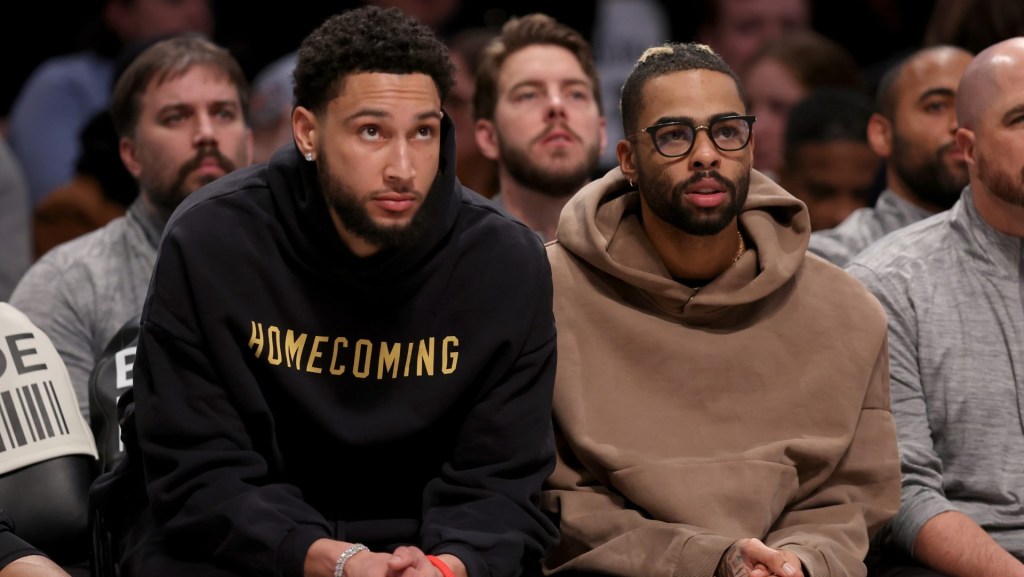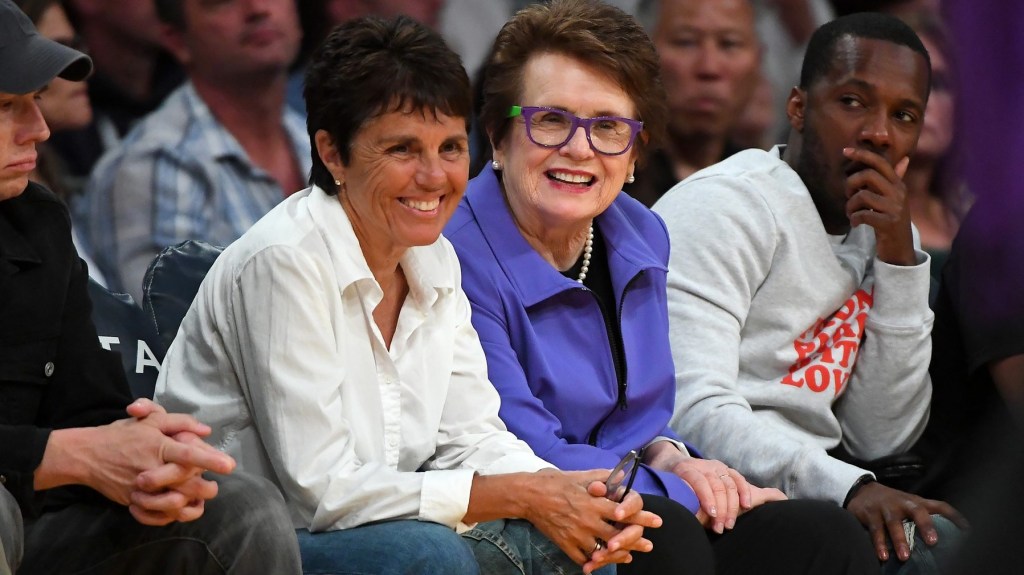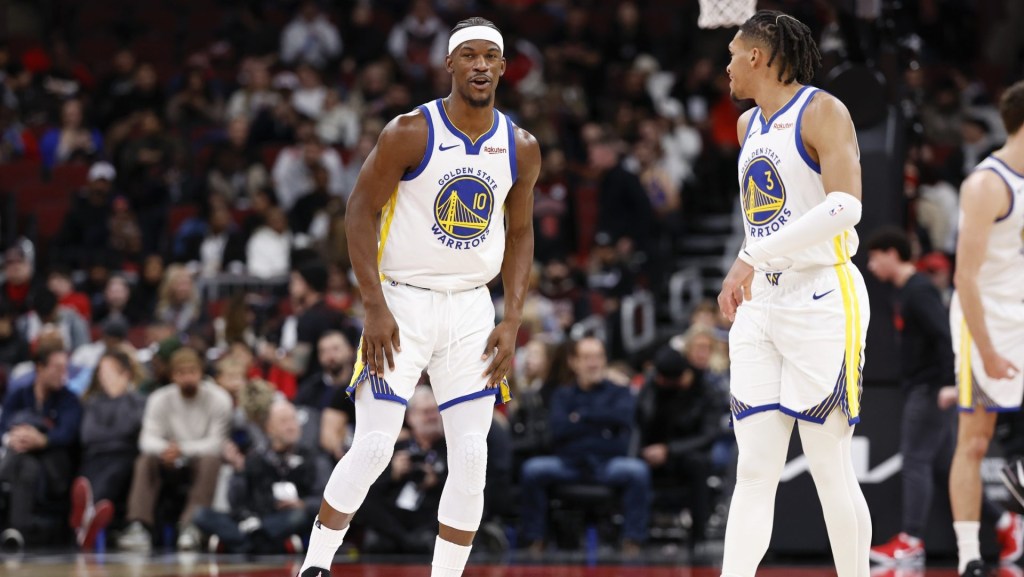Struggling European soccer leagues found new fans over the summer as they looked to buoy their balance sheets.
Soccer has been hit hard by the loss of games and lack of ticket sales and match-day revenues, and private equity firms have looked to invest in the sport by buying stakes in leagues’ media businesses.
“It shows that the sports market remains attractive with opportunities for private equity investors,” said Clive Reeves, PwC senior sports business advisory manager.

Bundesliga, Germany’s top league, recently offered a minority stake in a new digital media company for $362.7 million, attracting multiple private equity firms.
Deutsche Fussball Liga, the body that runs Germany’s top two divisions including Bundesliga, has gotten initial interest from more than 20 private equity firms in the league’s new venture, according to Financial Times. The company will sell Bundesliga’s international rights contracts, data services and other commercial propositions, alongside rolling out an international online subscription service.
Apollo, Bain Capital, Blackstone Group, Carlyle, Goldman Sachs Principal Investment and a joint effort between Endeavor and Silver Lake, are just some of the firms and groups looking to invest. The new company will not control the league’s domestic TV rights, which are worth over $1.3 billion a season.
Advent International and CVC Capital Partners, who also expressed interest in the Bundesliga opportunity, have also made investments in other European soccer media businesses.
In November, Italy’s Serie A sold 10% of a new media company to Advent and CVC for roughly $2 billion. Alongside state-backed Italian fund FSI, the private equity firms will use the 10% stake in the new unit to handle the league’s media rights.
Following the Serie A deal, clubs in Italy’s second-tier league, Serie B, have also unanimously voted in favor of forming a new media company to manage the league’s marketing and broadcasting rights.
Vincent Labrune, the president of French professional soccer’s governing body, recently suggested that France’s Ligue 1 is considering creating a subsidiary to manage its commercial rights.
The push by private equity firms is a bet on the digital side of the media businesses as consumer behavior shifts, something further accelerated by the pandemic. With fewer to no fans in the stadium, leagues and teams are looking at digital content to maintain that connection with fans.
And with private equity money, the leagues hope to improve their content production quality to make it appealing to a global audience.
“Football [soccer] is a truly global sport,” Reeves said. “This should make the leagues stronger depending on the collaboration and alignment between the stakeholders.”
As soccer, along with the broader sports world, moves towards larger digital investments, the collaborative business model between private equity firms and leagues may become even more prominent.
“The logic of being present in different parts of business is that it creates a synergy,” Reeves said.
The synergy between leagues and the media businesses that make content for them can not only generate more value for the leagues but also for the private equity firms in the long run.
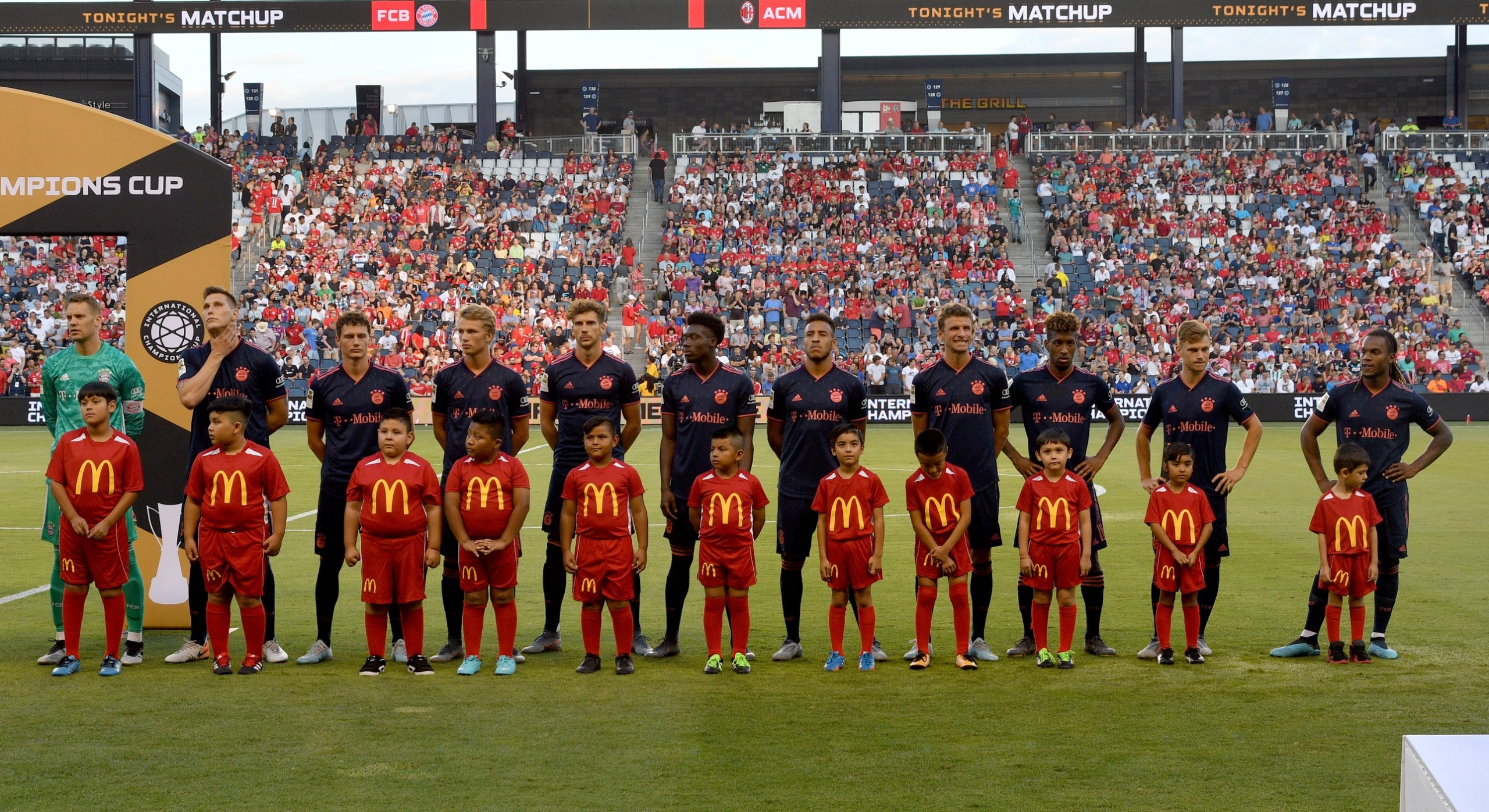
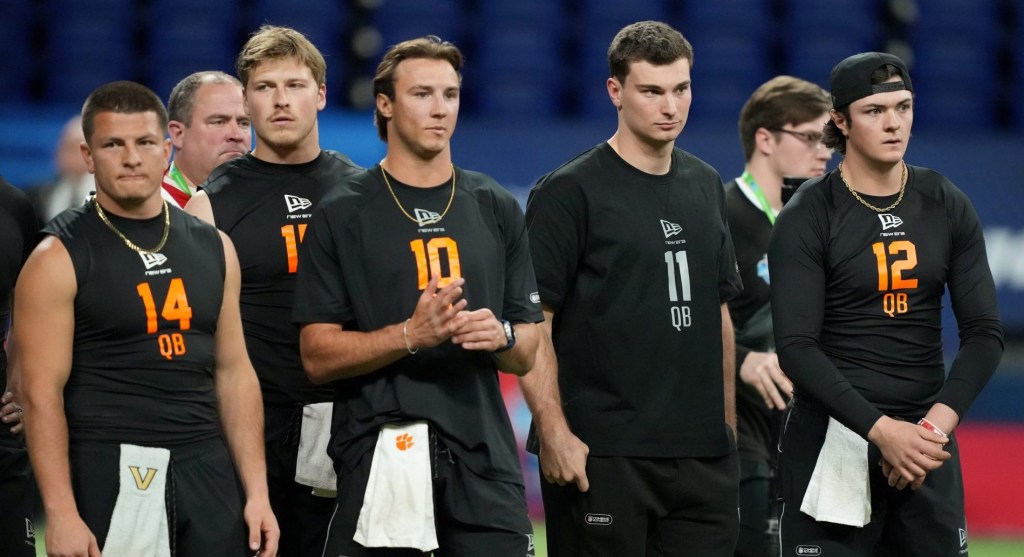
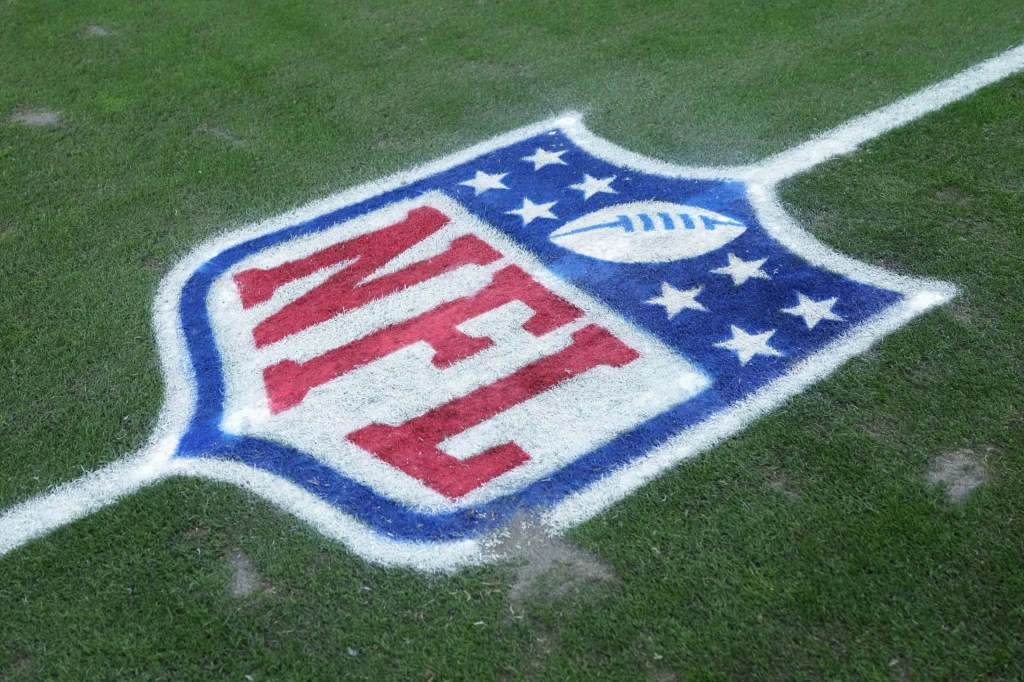
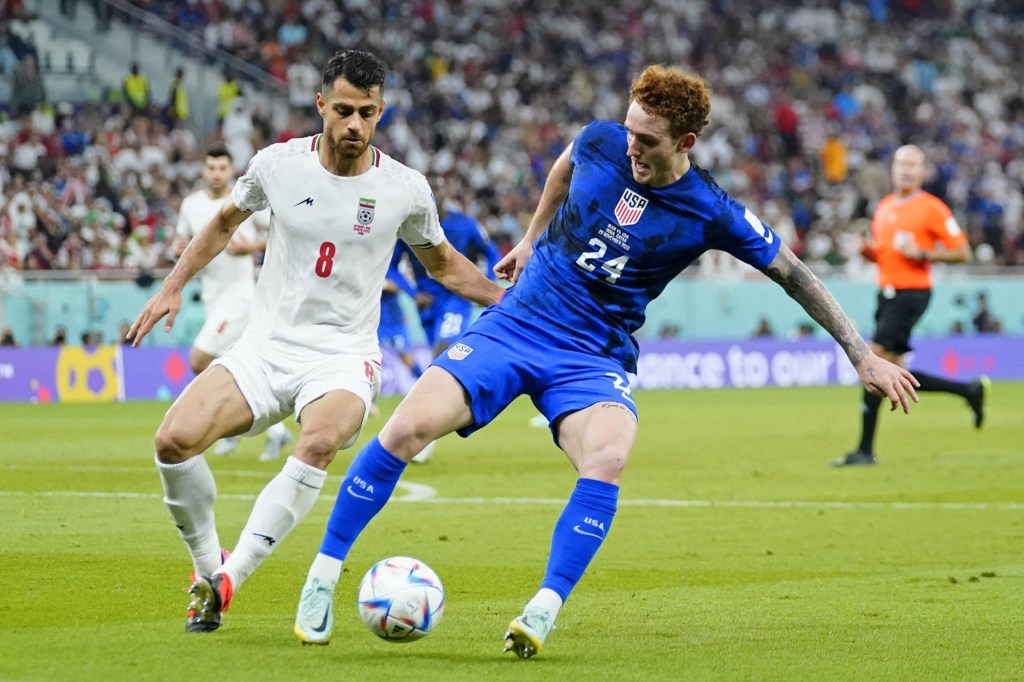

![[Subscription Customers Only] Jun 15, 2025; Seattle, Washington, USA; Botafogo owner John Textor inside the stadium before the match during a group stage match of the 2025 FIFA Club World Cup at Lumen Field.](https://frontofficesports.com/wp-content/uploads/2026/02/USATSI_26465842_168416386_lowres-scaled.jpg?quality=100&w=1024)
![[Subscription Customers Only] Jul 13, 2025; East Rutherford, New Jersey, USA; Chelsea FC midfielder Cole Palmer (10) celebrates winning the final of the 2025 FIFA Club World Cup at MetLife Stadium](https://frontofficesports.com/wp-content/uploads/2026/02/USATSI_26636703-scaled-e1770932227605.jpg?quality=100&w=1024)



